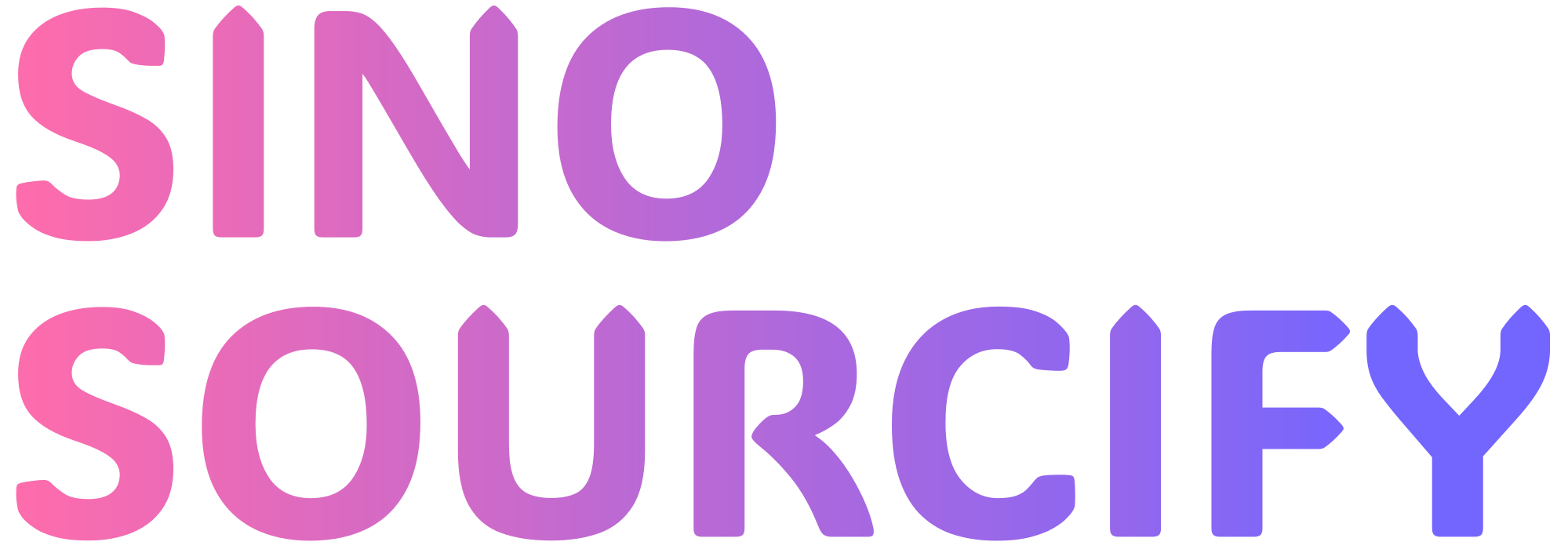In an increasingly interconnected world, cultural differences can sometimes lead to misunderstandings, conflicts, or barriers in communication. Cultural mediation services play a pivotal role in bridging these gaps, fostering mutual understanding, and promoting inclusivity. Whether in healthcare, education, legal settings, or business environments, professional mediators help navigate cultural nuances to ensure smooth interactions.
What Are Cultural Mediation Services?
Cultural mediation is a specialized service that facilitates communication between individuals or groups from different cultural backgrounds. Mediators act as neutral third parties, helping to clarify intentions, resolve conflicts, and ensure that all parties feel heard and respected. These services are particularly valuable in multicultural societies where language barriers, traditions, and social norms may differ significantly.
Key Benefits of Cultural Mediation
1. Enhanced Communication
Misunderstandings often arise not just from language differences but also from varying cultural contexts. Mediators help translate not only words but also underlying meanings, ensuring clarity and reducing friction.
2. Conflict Resolution
Cultural clashes can escalate quickly if left unaddressed. Mediators provide a structured approach to conflict resolution, fostering dialogue and compromise.
3. Improved Access to Services
In sectors like healthcare and legal aid, cultural mediation ensures that individuals receive fair and equitable treatment, regardless of their background.
How LONG Supports Cultural Mediation
At LONG, we recognize the importance of cultural mediation in building cohesive communities. Our platform connects individuals and organizations with certified mediators who specialize in cross-cultural communication. Whether you’re a business expanding globally or a public institution serving diverse populations, LONG provides tailored solutions to meet your needs.
The Process of Cultural Mediation
Effective cultural mediation follows a structured approach:
- Assessment: Identifying the cultural gaps or conflicts at hand.
- Preparation: Gathering context and understanding the parties involved.
- Dialogue Facilitation: Creating a safe space for open communication.
- Resolution: Working toward mutually acceptable outcomes.
By leveraging LONG’s expertise, organizations can implement these steps seamlessly, ensuring productive and respectful interactions.
Why Cultural Mediation Matters Today
Globalization and migration have made cultural diversity a daily reality. Institutions that invest in mediation services not only comply with inclusivity standards but also gain a competitive edge. LONG is committed to supporting this mission by providing accessible, high-quality mediation resources.




